I am rounded, billowed out, hunched like you;
I am big like you, ugly and beautiful;
Eternal like you.
I have set my body solidly upon the earth, to confront all;
My head to the sky, the sky on my shoulders,
Feet rooted in the earth's depths as mountains are rooted.
Nothing can sweep over me to remove me;
This life in me is ancient, shall go down to the last days,
As your life, mountains, that have endured unwaning.
Nothing can undo us, my strength and yours.
Indolent and proud, obtuse with great curves,
I rest here against the earth—
Stretched out, with mighty flanks; big with birth.
Look at me, mountains!
I lean back against the sky, the horizon between my hands;
Ample and bounteous, bulged wide, wide-bosomed,
Immovable in heaviness, in lethargy of dreaming,
Consummate, content.
The clouds rest on me, the rain renews me,
The winds whisper, trees sway—
I nourish a great verdure, I am strong with rocks.
The hills of my breasts shall let down rivers of life—
Life flowing from life, from the furthermost source,
From the fountain never-ceasing, the ancient beginning.
Nothing can ever remove us, mountains, my strength and yours.

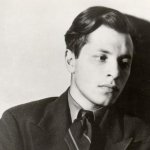


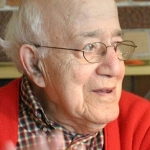

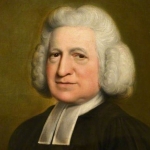




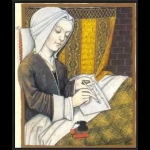

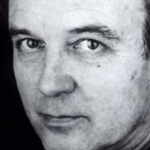




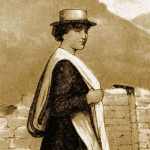
Comment form: